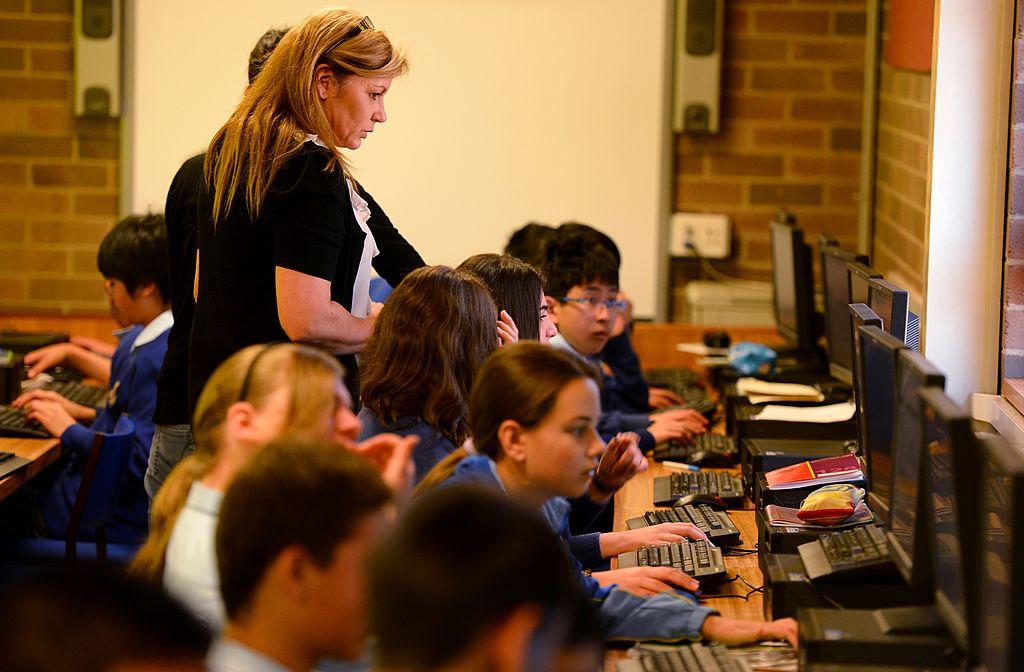A renowned British educator has urged Australian teachers to take back control of the classrooms amid concerns over Australian students’ worsening discipline and behaviour.
Katharine Birbalsingh CBE, British teacher and education reformer and head teacher of Michaela Community School, called for a clear focus on discipline, improved classroom management skills for Australian teachers, and a more cohesive learning environment.




